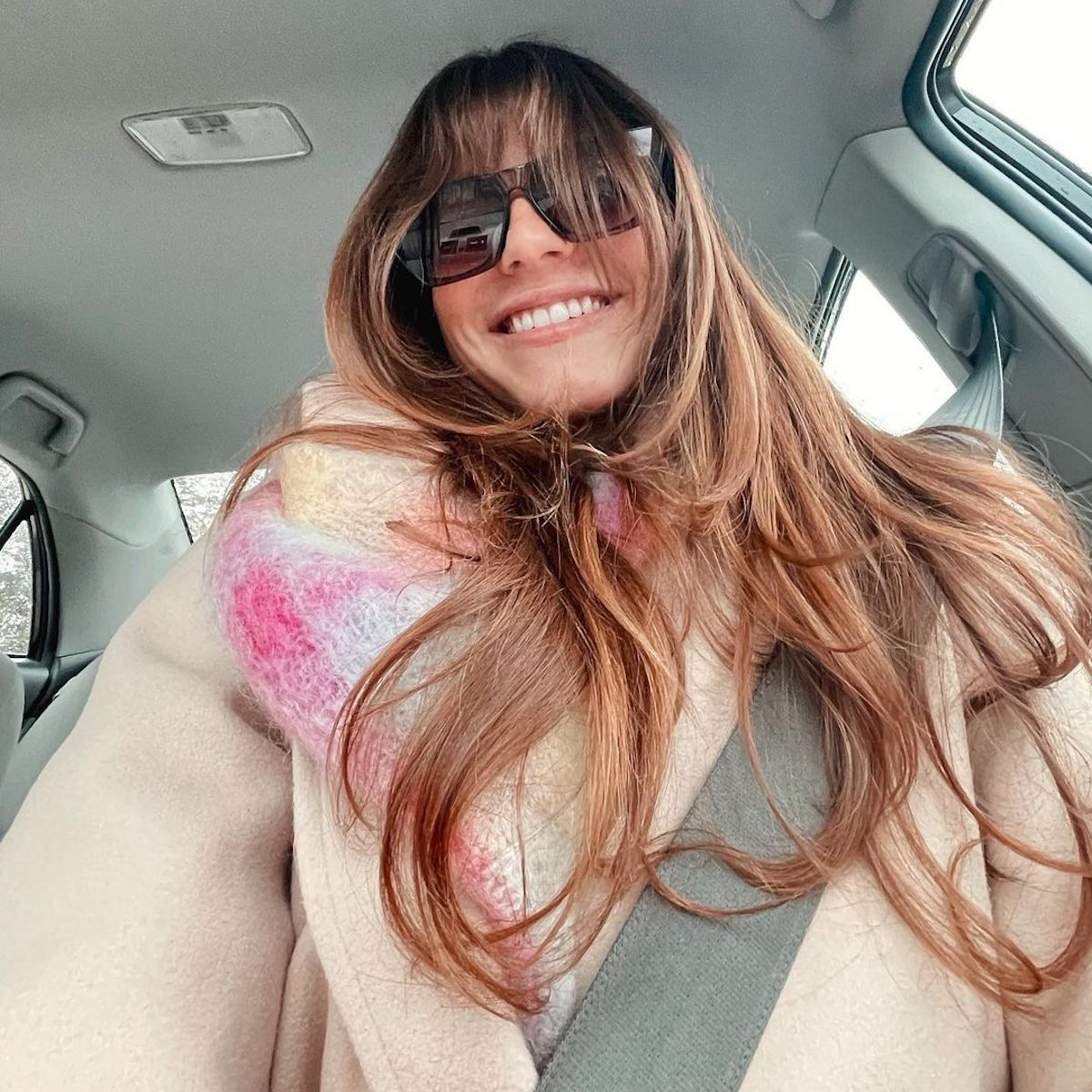
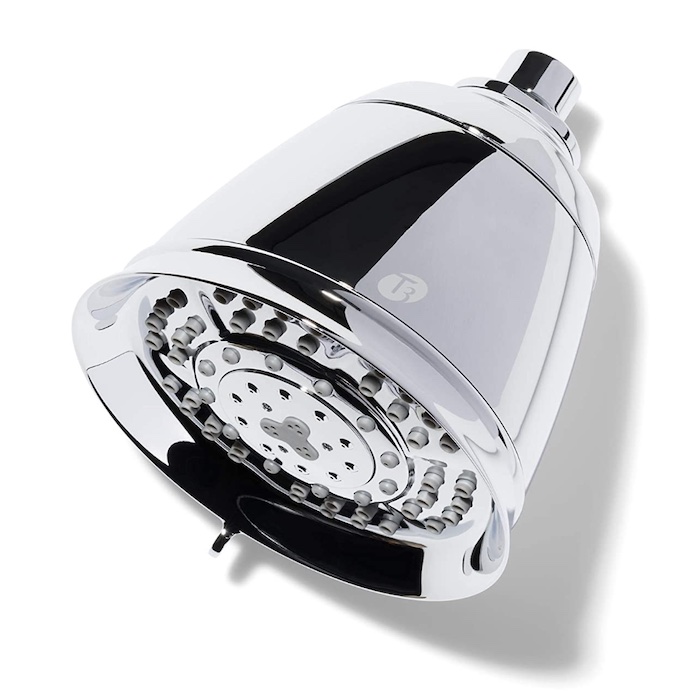
Celebrity hairstylist Sam Bentson for Unite Hair says one of her top winter hair tips is to invest in a showerhead filter. “The drier your hair is from the weather, the more prone to damage and breakage your hair can be,” she says. “For climates that are already prone to dryness, it is critical to use moisturizing treatments and shampoos and conditioners year-round to protect your hair. Ways to ensure your shampoos and conditioner’s efficacy is to use a water softener. If you can’t afford the full system, they make showerheads so while showering, you protect your hair, skin, and nails from excess damage. My clients that have made the change swear by the difference they see in their hair.”
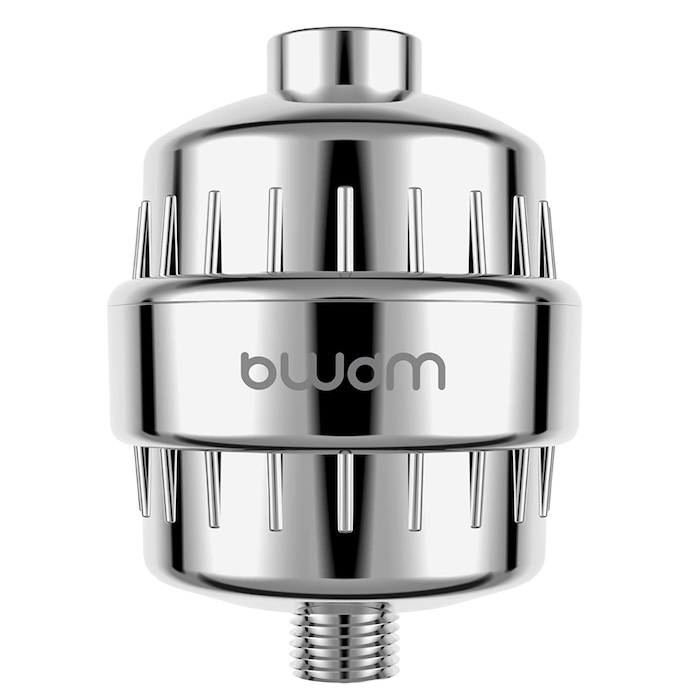
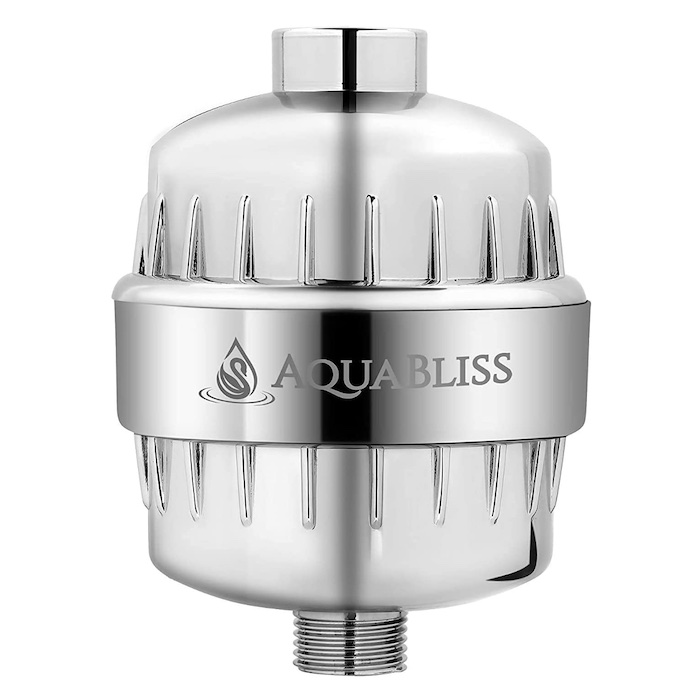
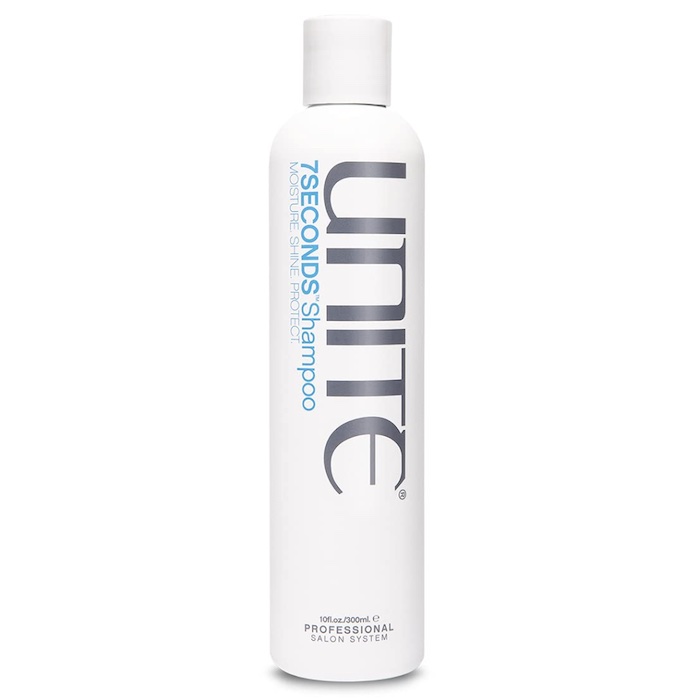
The next winter hair tip comes from celebrity hairstylist Mary Kendall for Unite Hair and Eric Delapenha, founder and CEO of The Hair Lab. Both recommend switching over to a moisturizing shampoo and conditioner if you’re not using one already.
“Due to cooler temperatures and increased wind during the winter, our hair becomes more sensitive to the elements and often becomes brittle and dry,” Kendall says. “It’s super important to care extra for all hair types during this time, but I find that curly hair, blondes, and color-treated hair get the most affected by this.”
Delapenha agrees, adding that you should avoid shampoo and conditioners with harsh sulfates. “In order to increase the moisture and reduce frizz during these cold months, a great starting point is to avoid using shampoos that contain harsh, cleansing sulfates (SLS or SLES),” he says. “These harsh cleansing ingredients strip the hair of its natural oils and exacerbate winter hair concerns like frizz and dryness.”
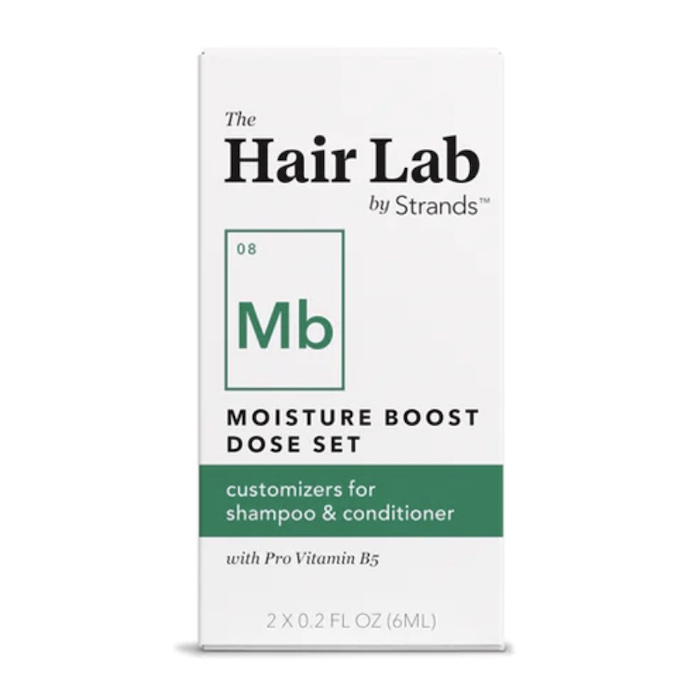
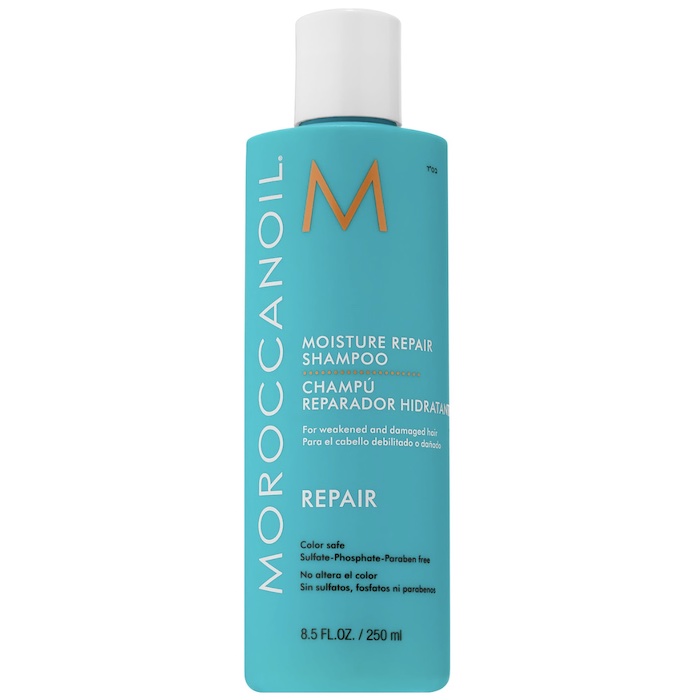
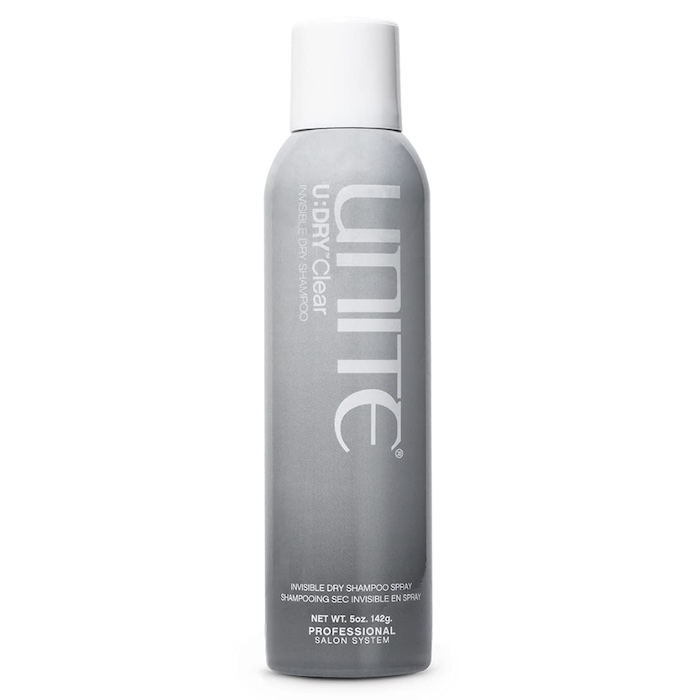
“I always tell my clients to compare their hair to their favorite T-shirt,” Kendall says. “Would you wash it every day and not expect it to start to fade or start running and tearing? Your hair is the same way. I highly encourage clients to stray away from washing their hair every day. When you have a washday, I always recommend doing two shampoos—one to release the dirt and oils and the second to let the product do its job without all the oil in the way. This also gives you a few extra days between washing, and you will find your hair gets way less greasy between washes.”
Bentson agrees. “Oftentimes, people that have greasy hair shower daily. This causes the hair to build up excessive oils. To train your hair out of the oil buildup is hard, but dry shampoo will be your best friend,” she says. “A great wash schedule would be two to three times per week instead of daily.”
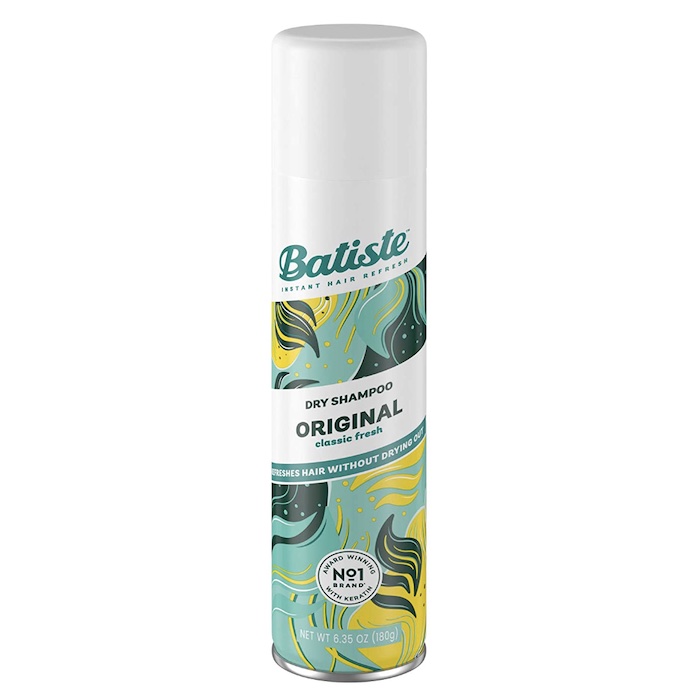
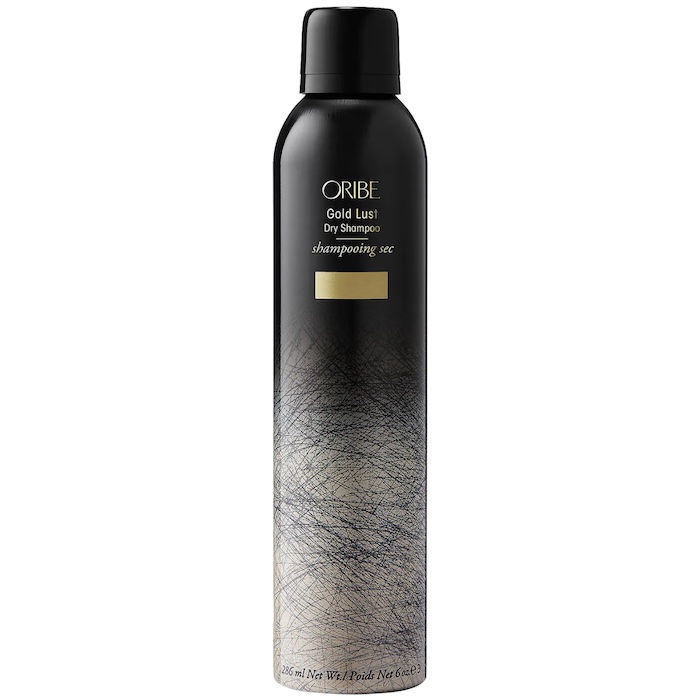
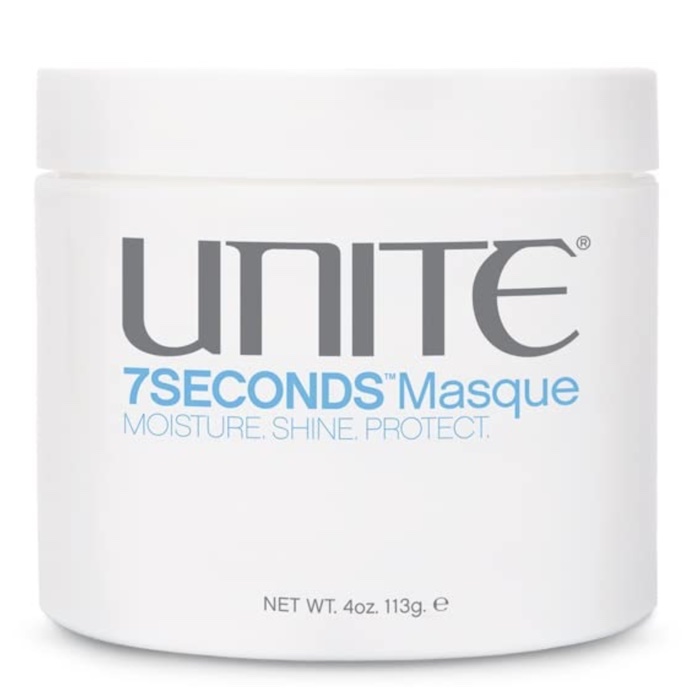
“Our hair is fragile, and we put it through a lot with hard water, harsh shampoos, heat styling, pulling our hair into topknots, etc.,” Bentson says. “Masks help protect our hair from ourselves; it’s insurance. We want our hair to have strength and elasticity for whatever we put it up against.”
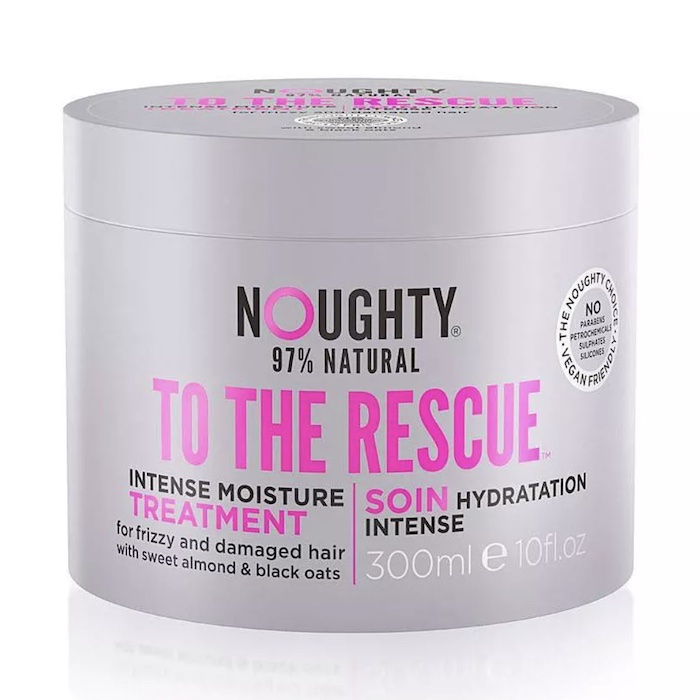
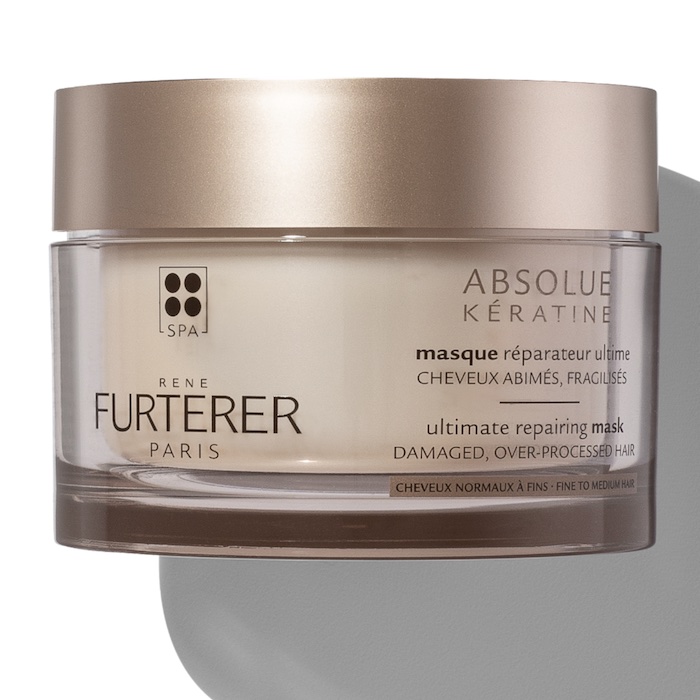
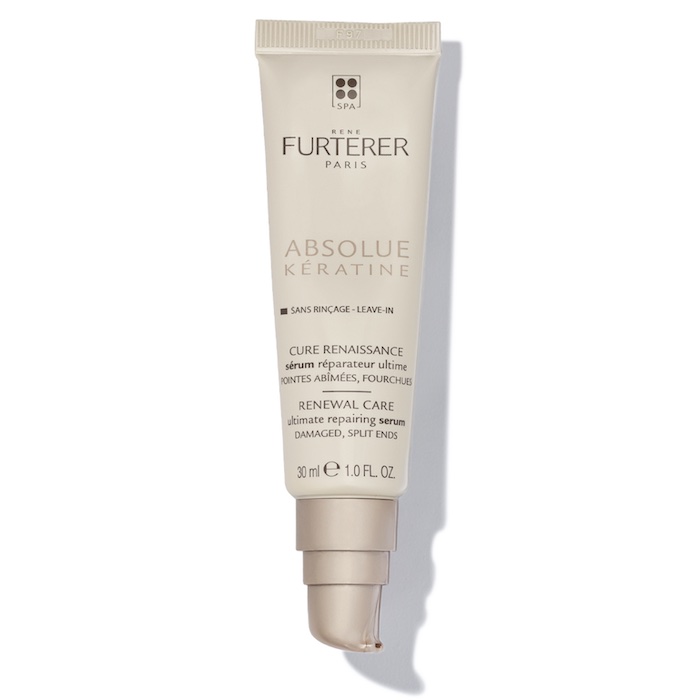
Celebrity hairstylist Bobby Eliot says heat protectant is a must all year round, but especially in the winter. “In the winter months, people tend to use heat on their hair more. There is more blow drying and heat styling, so it’s important to protect your hair from the heat.” He says he “absolutely loves” this serum “because it prevents damage, helps to repair hair, and protects it from heat.”
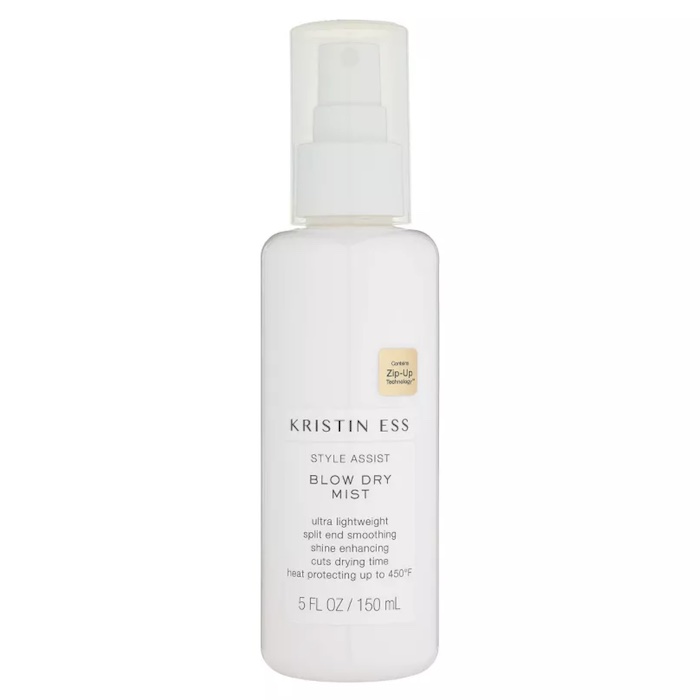
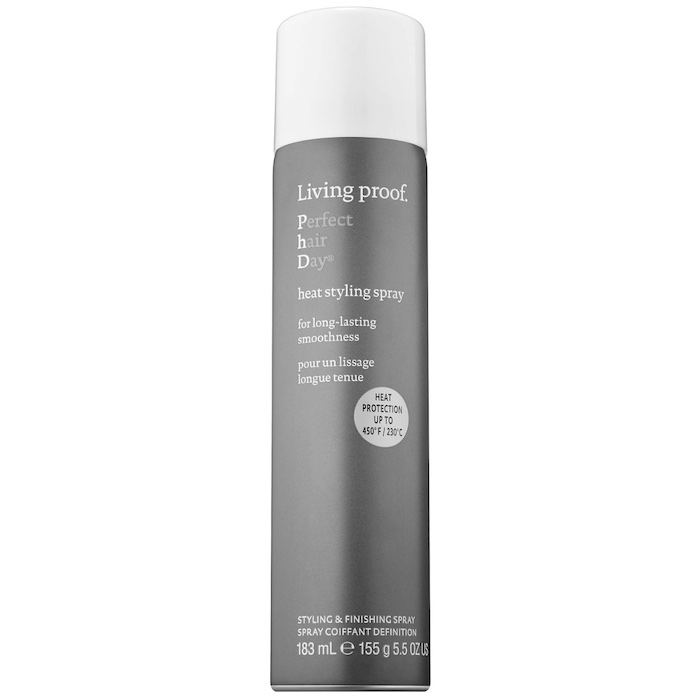
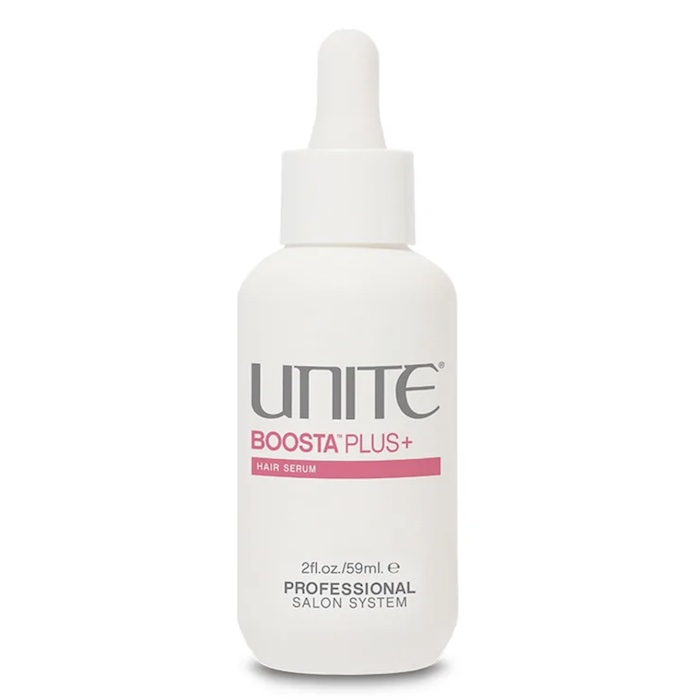
“Winter months also cause our skin to dry out,” Kendall says. “Especially our scalps since they often get neglected for hydration, thus causing dandruff, which is everyone’s worst nightmare. So how do we prevent this? Scalp massages are great for stimulating growth and keeping your natural oils flowing.”
She loves this serum, which she specifically recommends for hair growth. “I also love to use essential oils as a treatment for my scalp. I typically take a mixture of tea tree, peppermint, and eucalyptus oil; section off my hair into four parts; and put a few drops of each along these sections. Then I take a few minutes to massage it all evenly into my scalp, sleep with it in, and shampoo and condition in the morning. Not only is this great for scalp stimulation, but this will also reset your pH to get rid of any dryness that could be causing your dandruff.”
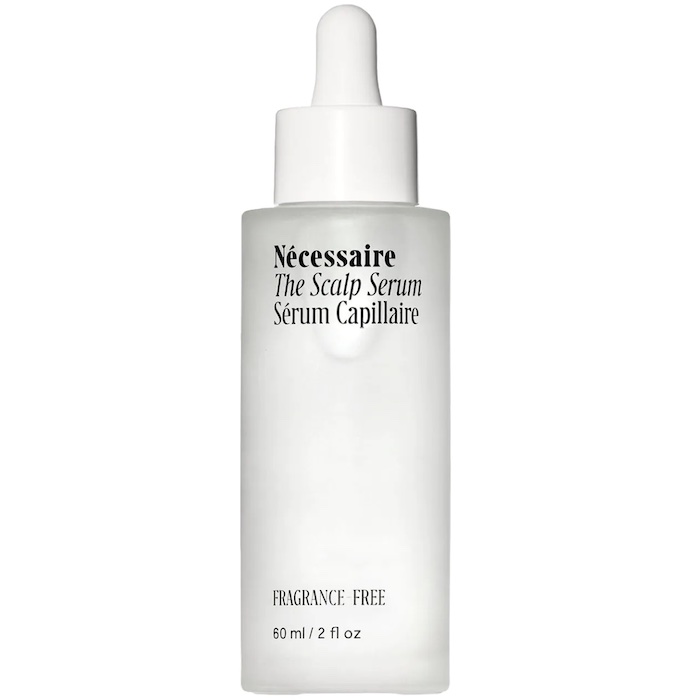
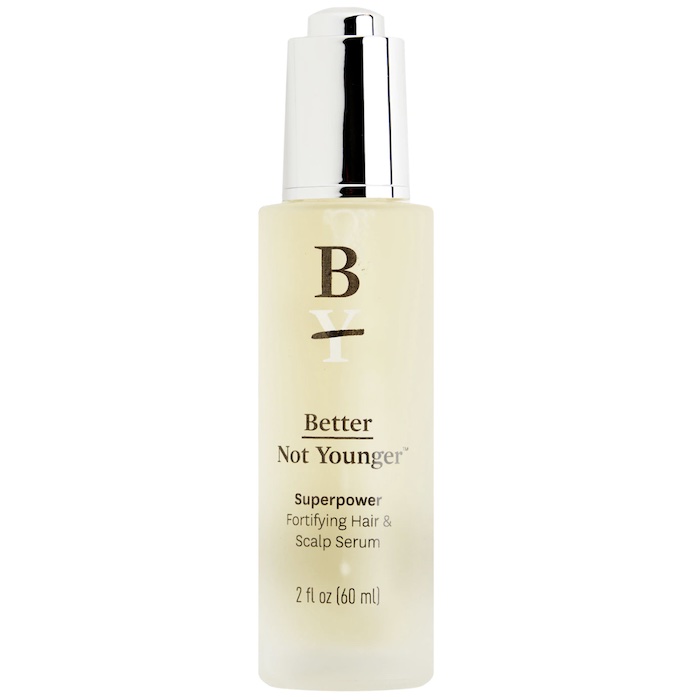
Next, Celebs Are Obsessed With Birkin Bangs—Here’s How to Get Them (and Style Them)
